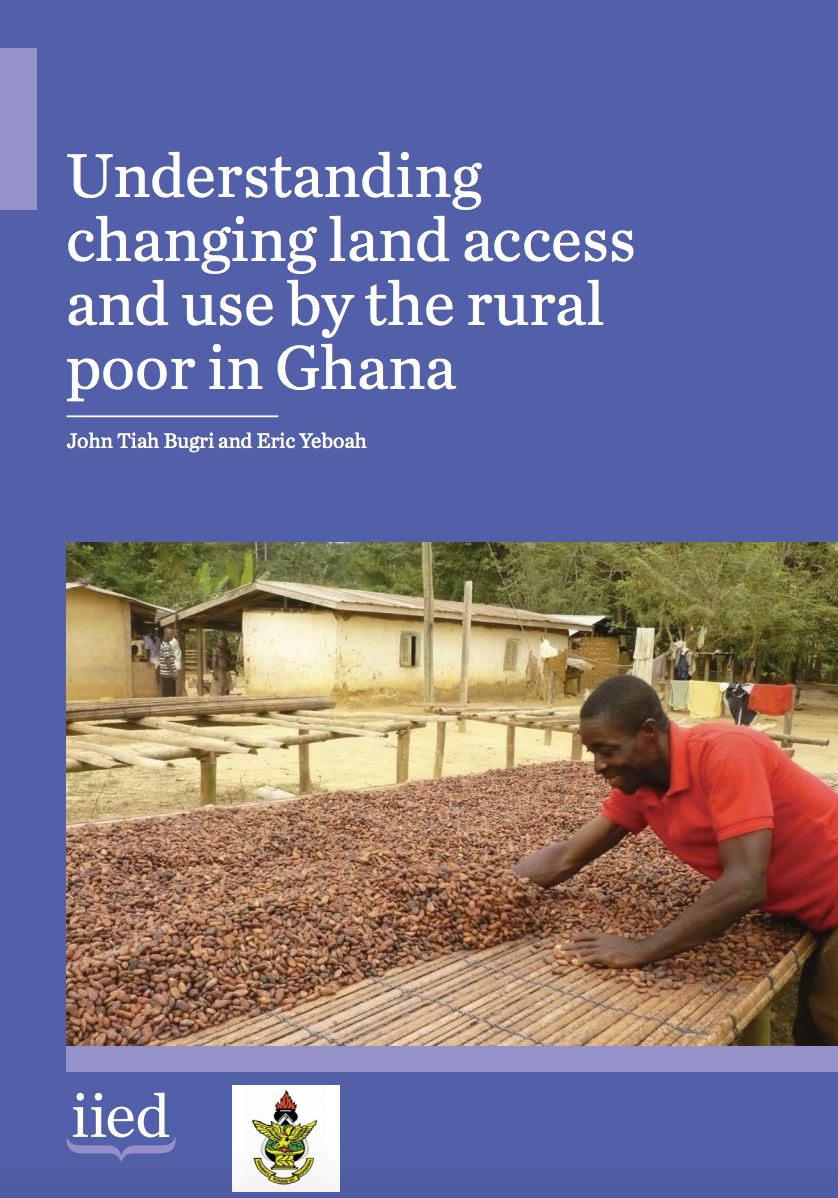Focal point
Location
Mission
Our mission is to build a fairer, more sustainable world, using evidence, action and influence in partnership with others.
Who we are
IIED is one of the world’s most influential international development and environment policy research organisations. Founded in 1971 by economist Barbara Ward, who forged the concept and cause of sustainable development, we work with partners on five continents. We build bridges between policy and practice, rich and poor communities, the government and private sector, and across diverse interest groups. We contribute to many international policy processes and frameworks, including the Intergovernmental Panel on Climate Change, the Millennium Ecosystem Assessment and the UN conventions on climate change and biological diversity.
What we do
IIED carries out research, advice and advocacy work. We carry out action research — generating robust evidence and know-how that is informed by a practical perspective acquired through hands-on research with grassroots partners — and we publish in journals and maintain high research standards. We advise government, business and development agencies, and we argue for changes in public policy. We focus on bottom-up solutions, stay open to flexible, adaptable solutions and are marked by a tradition of challenging conventional wisdom through original thinking.
Resources
Displaying 111 - 115 of 367Understanding changing land access issues for the rural poor in Uganda
The ways in which people obtain land in Uganda are changing fast. Land that used to be secured through inheritance, gifts or proof of long-term occupancy is now more commonly changing hands in the market. Those with wealth and powerful connections are frequently able to override local rules and gain access to land at the expense of poorer individuals. Government-backed agribusiness investors receive large areas of land with benefits for some local farmers who are able to participate in the schemes, while other smallholders see their land access and livelihoods degraded.
Understanding changing land access and use by the rural poor in Ghana
In Ghana 70 per cent of the population are smallholder farmers who depend on the land for their basic needs. Growing competition for this resource is having significant impacts on rural livelihoods and governance as land changes hands. This study highlights the key drivers of pressure on rural land and their communities, such as population growth, urbanisation and acquisition of land by new actors, including government and business.
Small-scale soya farming can outperform large-scale agricultural investments
The investigation of soya production in Central Mozambique presented here suggests small-scale farming can produce similar profits to large-scale operations and better social outcomes. Concentrating only on large-scale investments can mean forgoing opportunities for rural development and poverty reduction. With the right support, poorer households can develop market-oriented farming that contributes to local value chains at many levels.
Africa’s farmland in changing hands: A review of literature and case studies from sub-Saharan Africa
In sub-Saharan Africa the pace and scale at which land is changing hands are increasing fast. Summarises findings from a research project – including case studies in Ghana, Senegal, Mozambique, and Uganda – to improve understanding of these changes by addressing 3 main questions: How is land access changing in rural Africa, and what are the major drivers of change? How are these changes affecting rural livelihoods? What are the implications of these changes for development policy and practice?
INTERNATIONAL SOFT-LAW INSTRUMENTS AND GLOBAL RESOURCE GOVERNANCE: REFLECTIONS ON THE VOLUNTARY GUIDELINES ON THE RESPONSIBLE GOVERNANCE OF TENURE
This article reflects on the Tenure Guidelines as a tool for addressing resource governance challenges. It outlines the process through which the Tenure Guidelines were developed and reviews key features of their content, and then focuses on two issues: the legal significance of the VGGT, and the nature of initiatives to advance their implementation.







